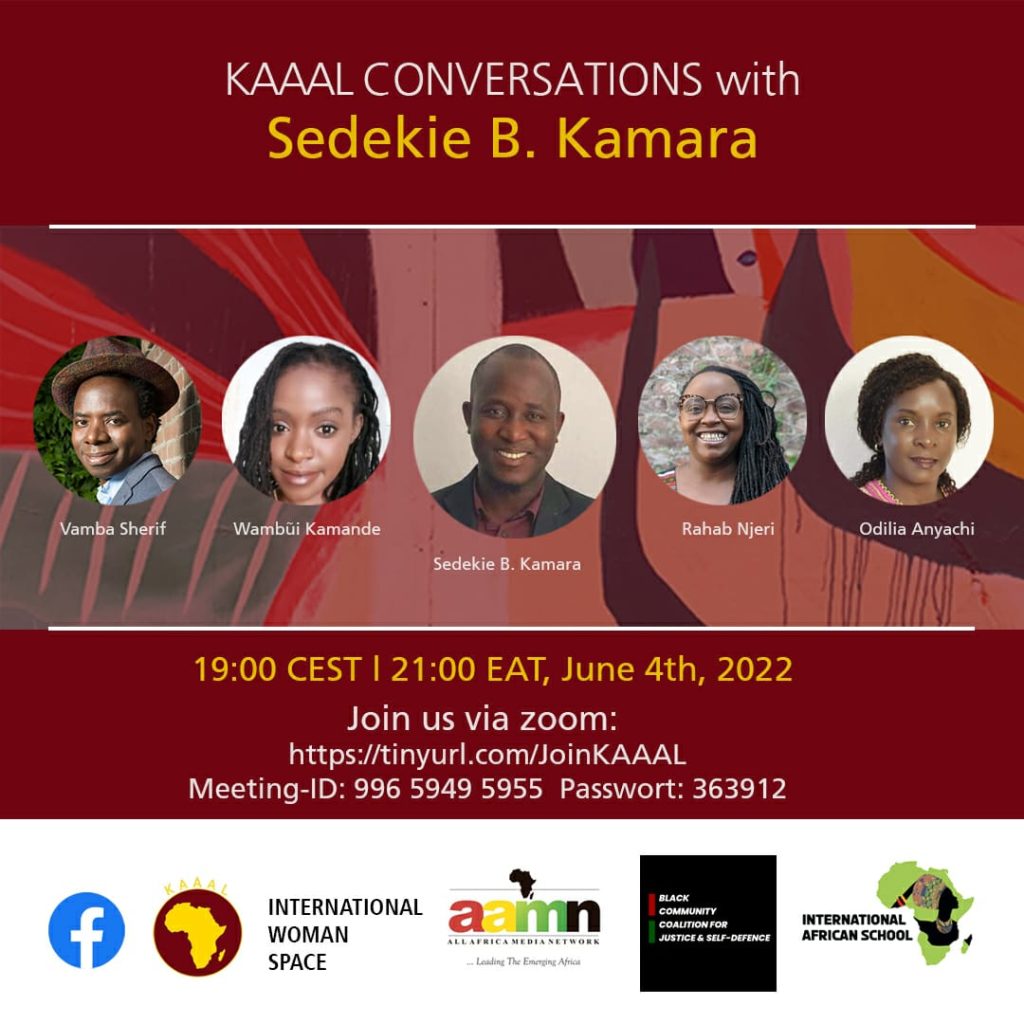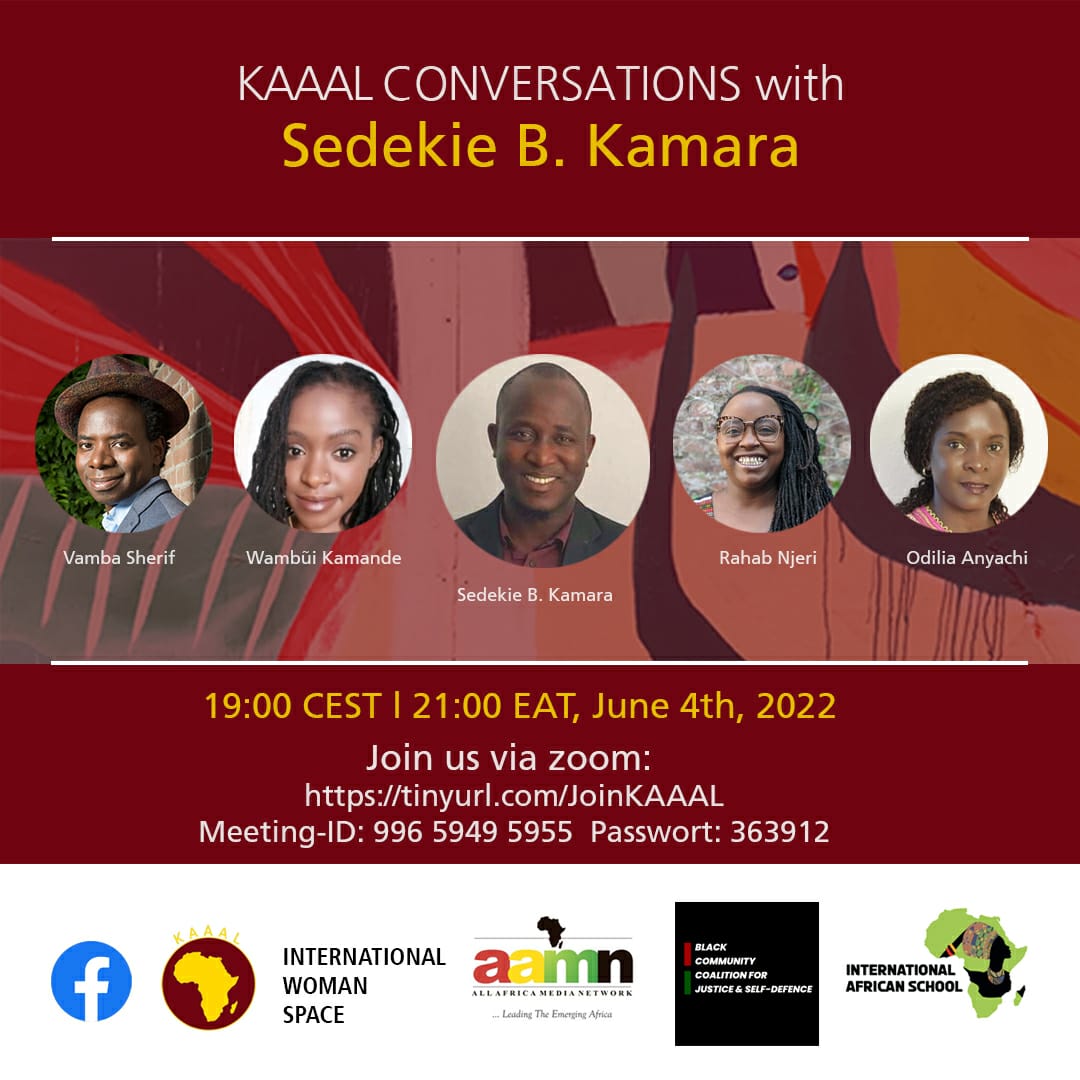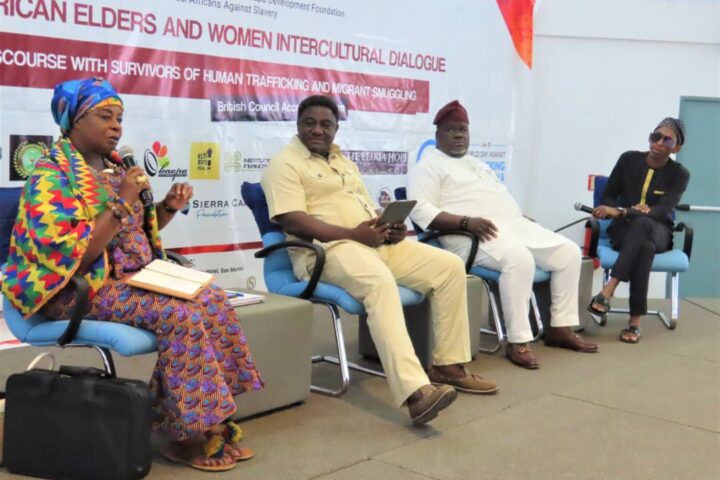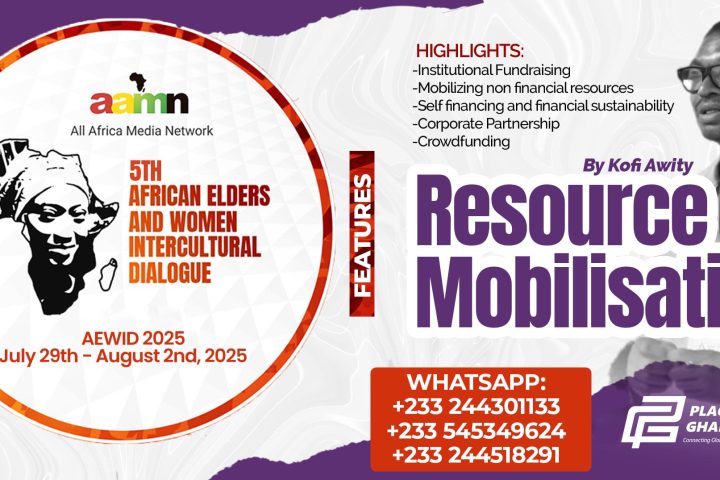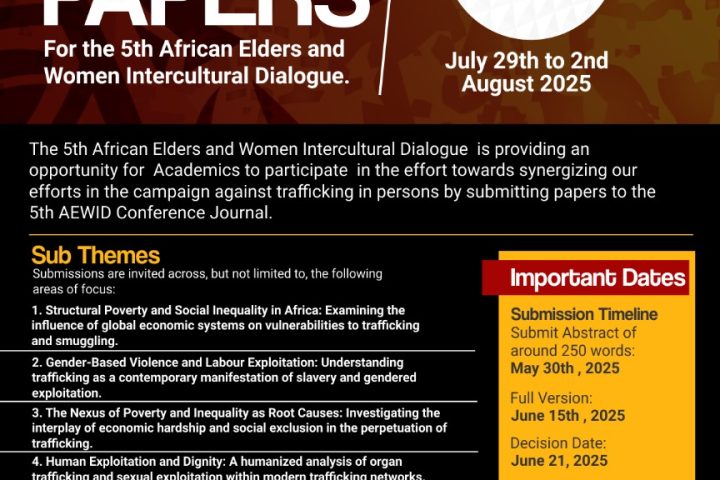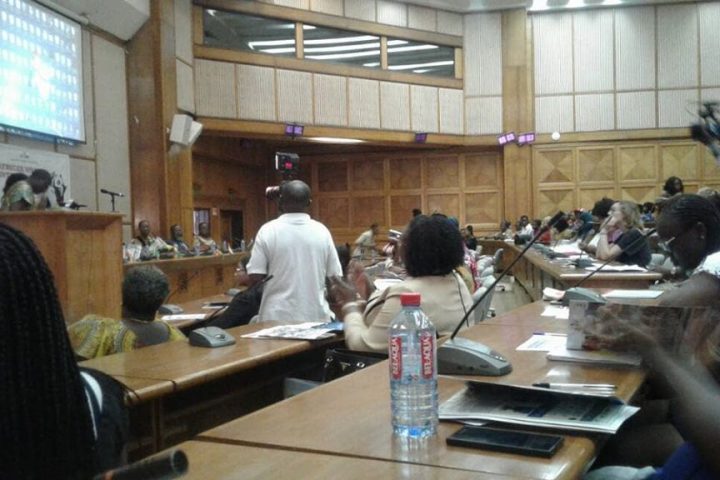As Africans swim against the tide of culture clash, having found their indigenous system and cultural properties relegated to the background, following the colonial exploits on the continent by Arabs in the 7th century bringing not just a new religion but a language and customs that were alien to the native Berber tribes of the Sahara and Mediterranean hinterland and European nations like Britain, France, Belgium, Germany and few other nations following later in the late 19th century with total domination and imposition of their social values and meaning on the entire African continent.
It’s been over 7 decades after the colonialism of Africa by Europe, the over 1.3 billion people in the world’s second-largest and second-most populous continent are still laden with identity crisis of sort, as most of its people have substituted their cultural heritage, opting for middle eastern and western religions, languages and customs as their preferred means of enhancing their social interaction with each other and interpreting their present existence having abandoned their cultural properties in the process, due to the social changes that took place during and after the colonial period, which the colonial powers invented and deliberately used to establish and deepen their domination over the black continent even after their departure.
Despite the unfavourable grounds that African history has found itself in the present time and its seeming fast dissipating cultural identity as today’s development in Africa is largely influenced by foreign culture, especially western culture ,as there is a spread of the western consumerist life-style and patterns of elite citizens among its people.
After the departure of the colonizer, Africans saw that they still have a lot of cultural, social, and political problems to deal with some more serious than during the colonial period but all hope is not lost, as the altruistic wave of Afrocentrism ignited by priests and priestess of black consciousness during the struggle for independence and now being championed both by Africans on the motherland and their counterparts in the Diaspora is waking the need for mending fences for resistance against the annihilation of African cultural practices.
KAAAL Conversations an Afrocentric monthly discourse centered on people and organisations impacting lives and making a difference in their communities with art and social transformation ideas, is one of the social construct driving this consciousness by celebrating African achievers in its discourse, which serve as a means of keeping exceptional Africans and their achievements in the front-burner of global discussions, and will be hosting Sedekie Kamara in their next KAAAL Conversations scheduled for 4th June 2022.
“Language is the carrier of cultures and civilizations,’ wrote professor Ngugi wa Thiong’o, and no one has taken these words to heart more than the Liberian Sedekie B. Kamara. Not only has he learned to read and write his mother tongue, Mandé, one of the largest language groups in Africa, but he has founded an organization, Alliance for the Development and the Advancement of African Languages, which propagates the importance of African languages for the development of Africa. Young men like him should be celebrated and encouraged, so that others can be inspired by his example. ‘’ Dr Njeri explained.
KAAAL which stands for Kemet Awards for Achievement in African Languages (KAAAL) holds the monthly KAAAL Conversations discourse and featured renowned African literary icon Prof. Ngũgĩ wa Thiong’o on its maiden edition.
Join us for this important conversation virtually via Zoom and Facebook as we follow Sedekie Kamara on his beautiful adventure with his mother tongue and the effects and accomplishments of his innovative odyssey in the society.
Meeting ID: 996 5949 5955
Password: 363912
KAAAL Conversations is hosted by Dr Rahab Njeri and Rose Wambui Kamande founders of KAAAL ; Odilia Anyachi Okonga of International African School and Vamba Sherif as co-founders. International Woman Space, Black Community Coalition for Justice and Self Defense are part of the facilitators of the Conversation with All Africa Media Network as media partner
